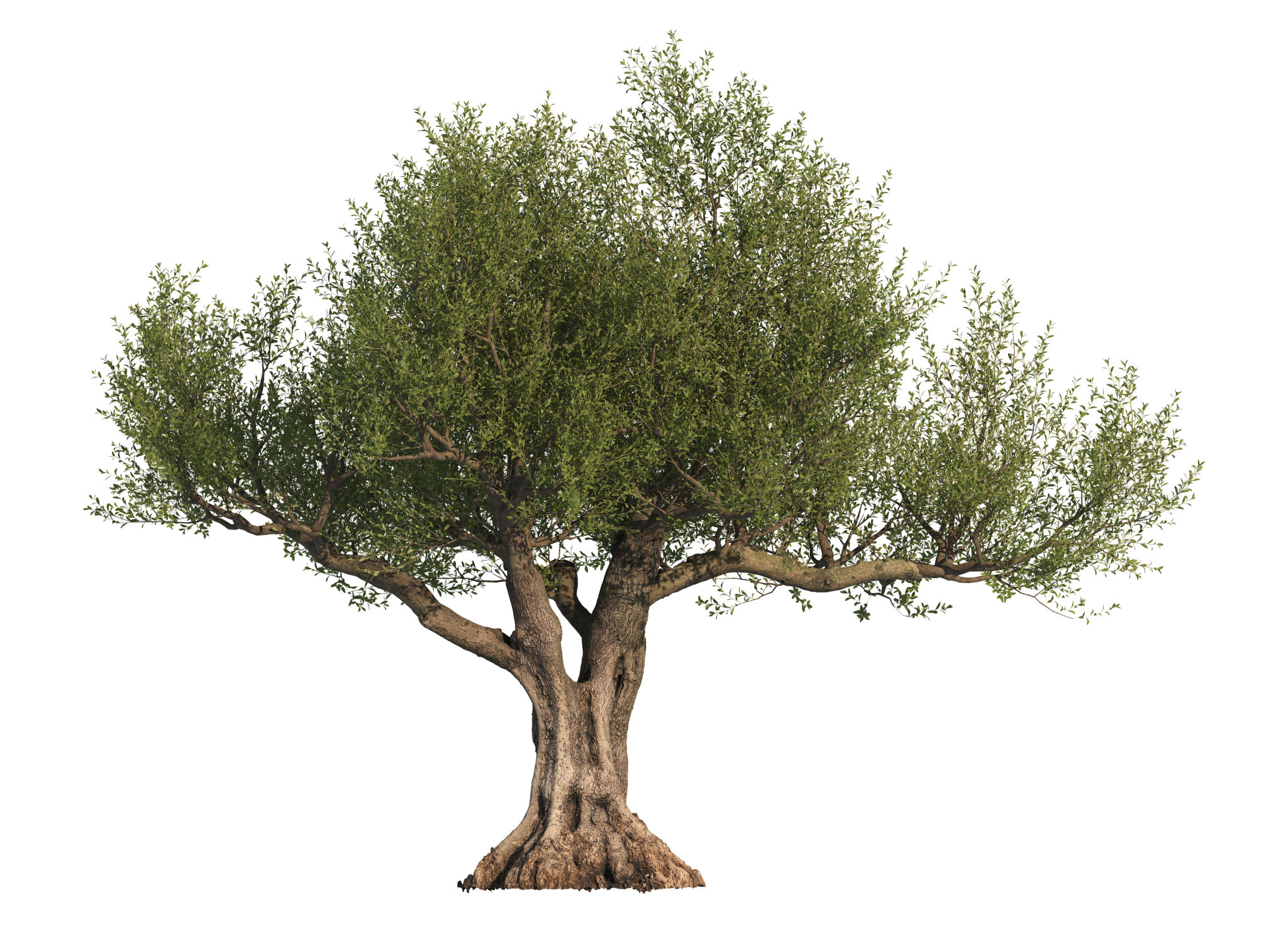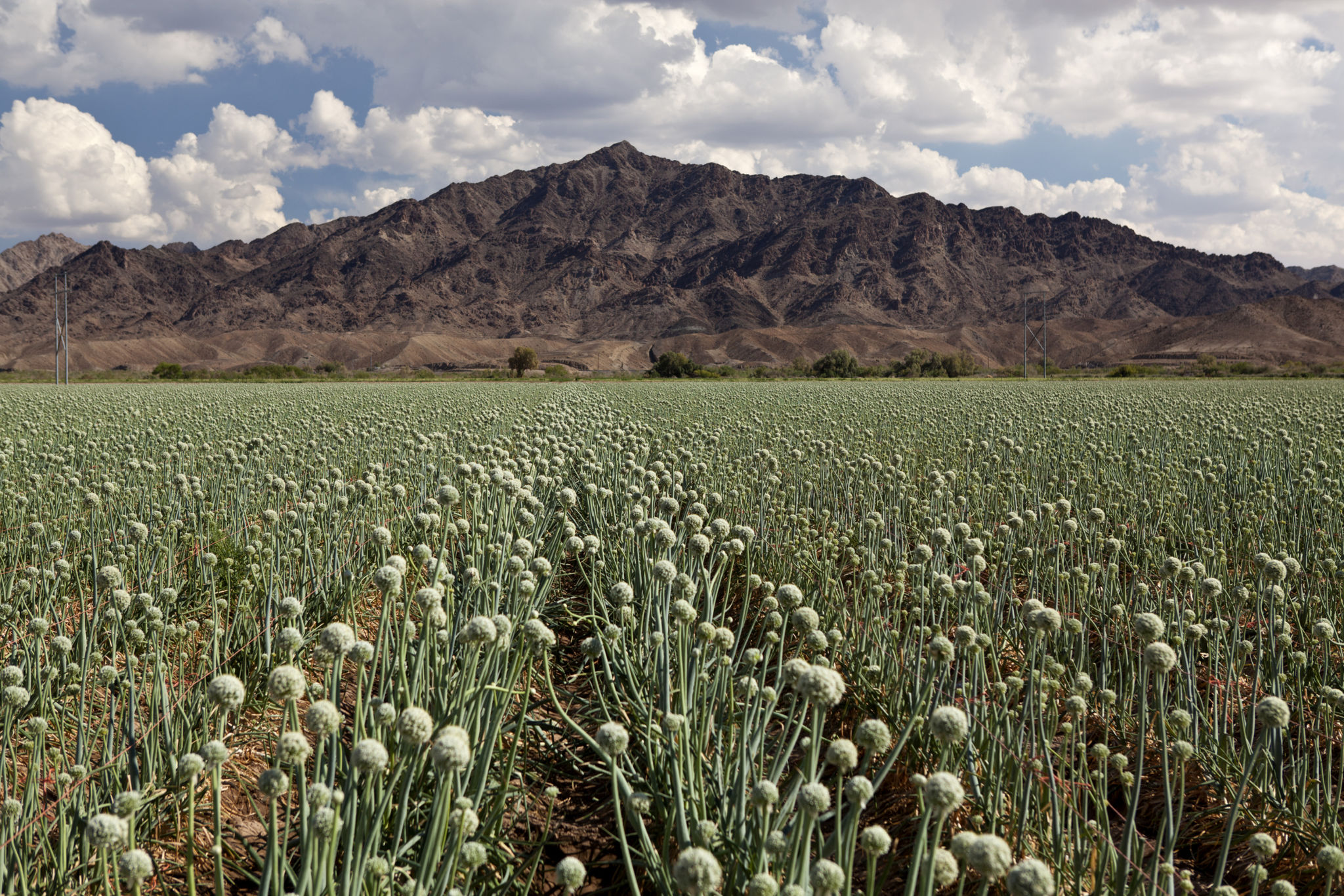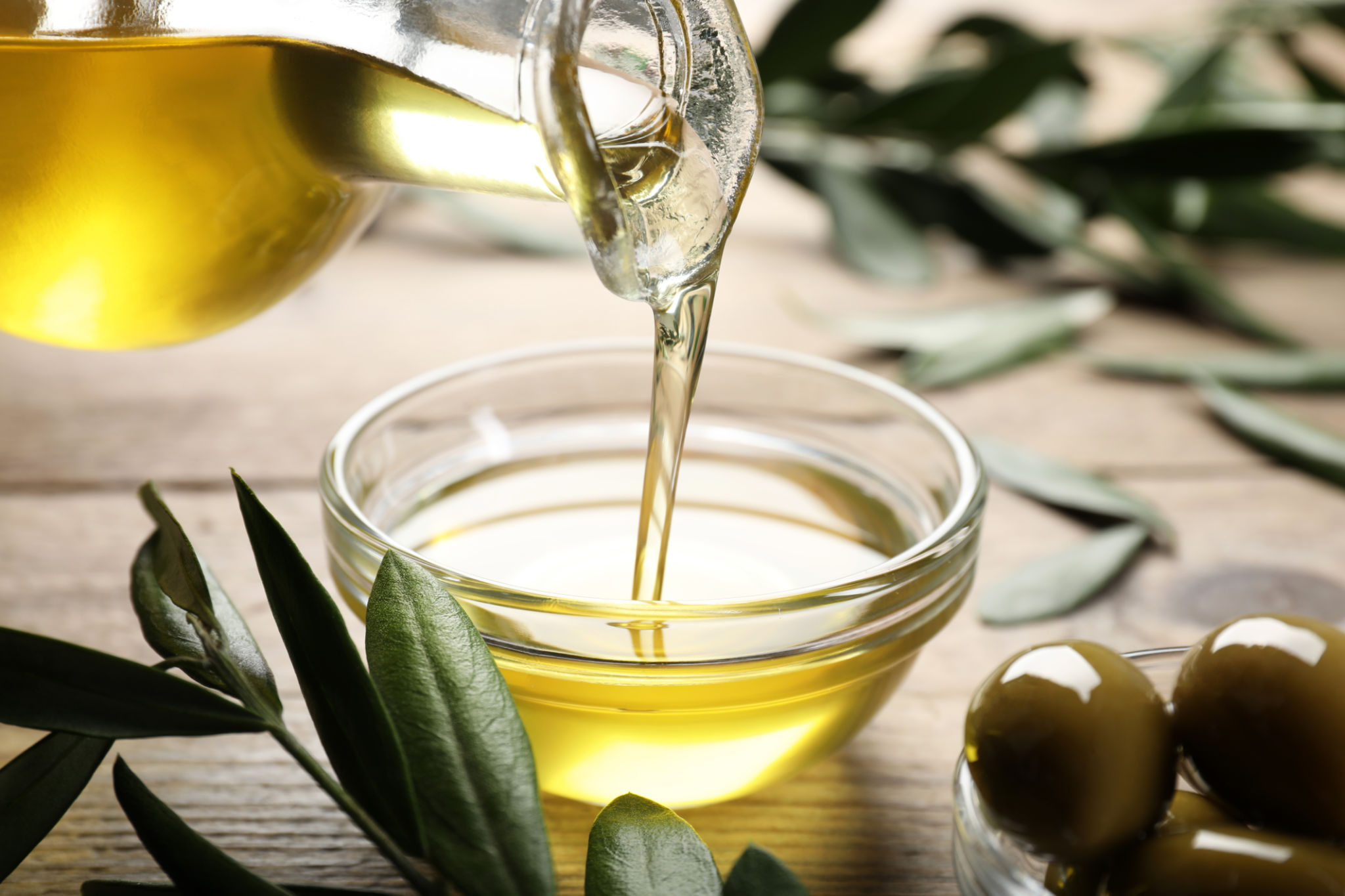The Role of Olives in Arizona's Agricultural Landscape
The Evolution of Olive Cultivation in Arizona
Arizona's agricultural landscape is known for its diverse and unique crops, but one of the most intriguing additions in recent years has been olives. While not traditionally associated with the Southwestern United States, olives have found a surprising and thriving niche within Arizona's agriculture. The journey of olives from Mediterranean origins to the sun-soaked fields of Arizona is a testament to the adaptability and innovation of local farmers.
Initially planted as experimental crops, olives have quickly proven their worth in the Arizona climate. The warm, dry conditions mimic those of the olive's native Mediterranean environment, allowing for successful cultivation. Farmers have embraced this opportunity, transforming olive cultivation from a curiosity into a burgeoning industry.

Climate and Soil: Perfect Partners for Olives
One might wonder why olives, a crop so closely tied to regions like Italy and Greece, have found a home in Arizona. The answer lies in the state's climate and soil composition. Olives thrive in areas with hot summers and mild winters, precisely the conditions found in Arizona's low desert regions. Additionally, the well-draining soils prevent root rot, a common issue for olive trees in wetter climates.
Farmers have capitalized on these natural advantages, employing sustainable farming practices to nurture their olive groves. The result is a high-quality product that is making waves both locally and nationally. By focusing on organic methods and minimal processing, Arizona olive producers are able to offer unique flavors that stand out in the market.

The Economic Impact of Olive Farming
Olive farming in Arizona is not only a boon for agricultural diversity but also for the local economy. As the industry grows, it creates new job opportunities, from field workers to processing plant operators. Moreover, the rise of olive-based products such as oils and tapenades has opened new markets for Arizona growers.
With an increasing demand for locally-sourced and artisanal products, Arizona olives are carving out their own niche. Farmers have started to collaborate with local businesses and restaurants, ensuring that their products are featured prominently in regional cuisine. This growing interest in local produce further strengthens the economic impact of olive farming.

Cultural Significance and Future Prospects
Olives are more than just a crop; they hold cultural and historical significance that resonates with consumers. By incorporating olives into Arizona's agricultural landscape, farmers are not only preserving a piece of Mediterranean heritage but also introducing it to new audiences. This cultural exchange enriches the community and promotes a deeper appreciation for global agricultural traditions.
Looking forward, the future of olives in Arizona appears bright. As climate change continues to affect traditional olive-growing regions, Arizona's stable conditions may become even more attractive to olive producers. Innovations in farming techniques and a commitment to sustainable practices will undoubtedly play a crucial role in this expansion.
Conclusion: A Bright Future for Olives in Arizona
In conclusion, olives have established themselves as a valuable component of Arizona's agricultural landscape. From their humble beginnings as experimental crops to becoming a key player in both local cuisine and economy, olives demonstrate the potential for innovation within agriculture. As farmers continue to refine their techniques and expand their groves, it's clear that the role of olives in Arizona is one that will only grow stronger with time.
The story of olives in Arizona is one of adaptation, opportunity, and growth—a story that mirrors the resilience of the agricultural industry itself. Whether you're an enthusiast of fine olive oils or simply curious about new agricultural trends, Arizona's olive industry offers something for everyone.